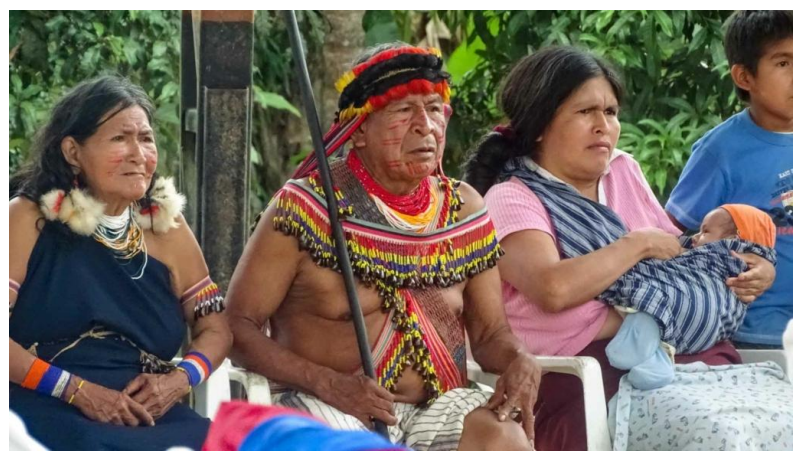Educational Dialogues and Shuar Cultural Identity: An Approach from the Neutrosophic N- Alectics
Keywords:
Identity, Shuar, Dialogue, N- Alectic , Education, Interculturality, BelongingAbstract
This dissertation aims to assess the significance of dialogues in educational interventions that facilitate the construction and reinforcement of the cultural identity of Shuar students in rural multigrade classrooms from a Neutrosophic N-Alectic Assessment based on the Theory of Neutrosophy that seeks to approximate truth, denial, and indeterminacy within pedagogical realities. Therefore, it involves an interpretative qualitative study comprised of semi-structured, in-depth interviews with teachers and students, participant observation in classrooms, and neutrosophic discursive analysis of dialogue occurring in bilingual learning environments. Results show that dialogue surrounding ancestral stories, purposeful interaction with the Shuar language, and subsequent community involvement facilitate an identity acknowledgment for students, whereas discussions predicated upon standardization and school theories foster complicated relationships between one's culture and school culture, as evidenced by high levels of denial or neutrosophic indeterminacy. Ultimately, the Neutrosophic N-Alectic Assessment provides a definitive assessment of figurative paradoxes operating within the classroom while serving as an efficient tool for reimagining pedagogical practice to embed considerations of culture, belonging, and identity performance for Indigenous students. Thus, it extends the understanding of educational pedagogical realities present in intercultural classrooms while also extending new methodological paths for cultural pluralism conflict resolution through dialogue.
Downloads

Downloads
Published
License
Copyright (c) 2025 Neutrosophic Sets and Systems

This work is licensed under a Creative Commons Attribution 4.0 International License.






